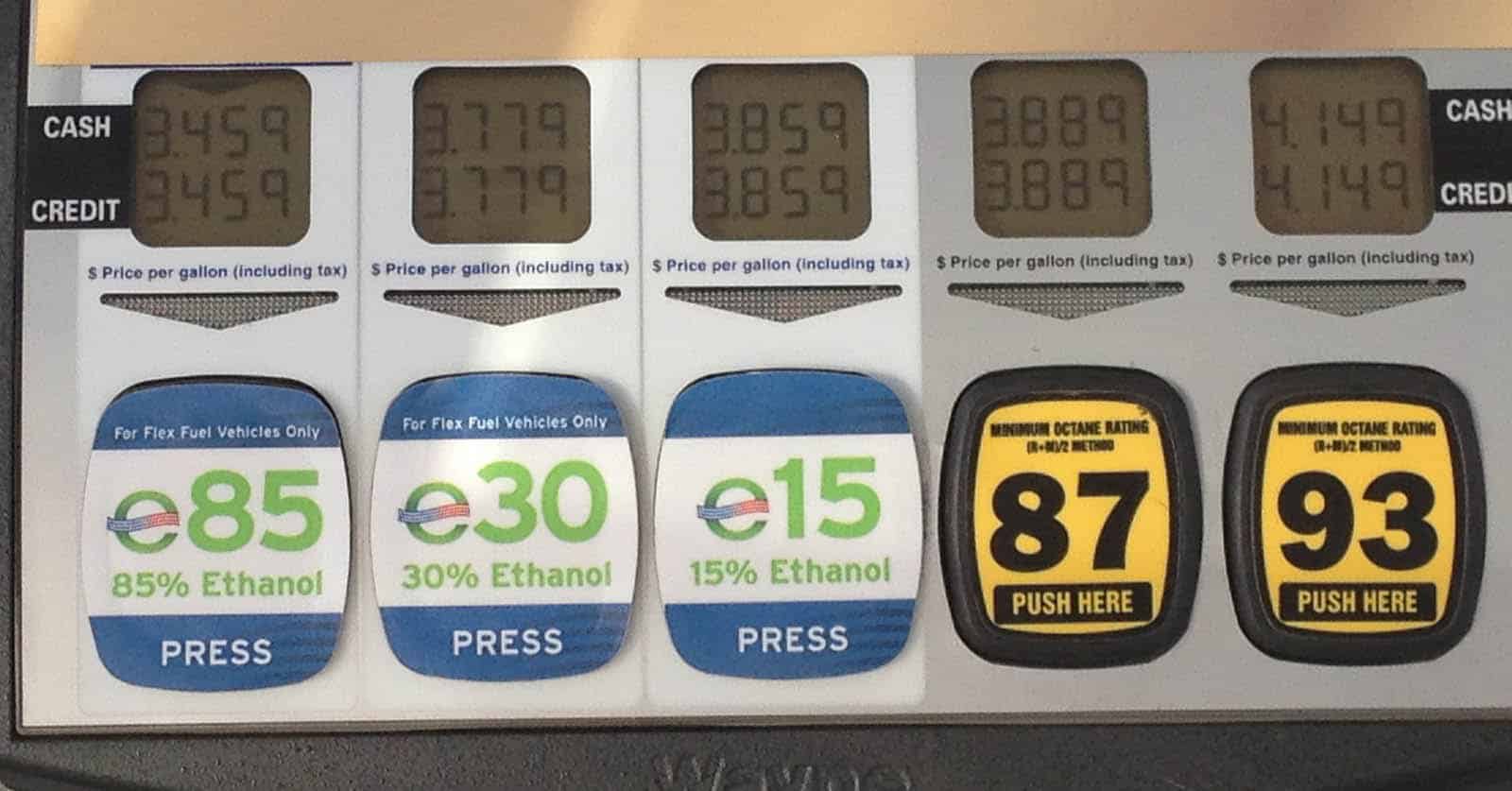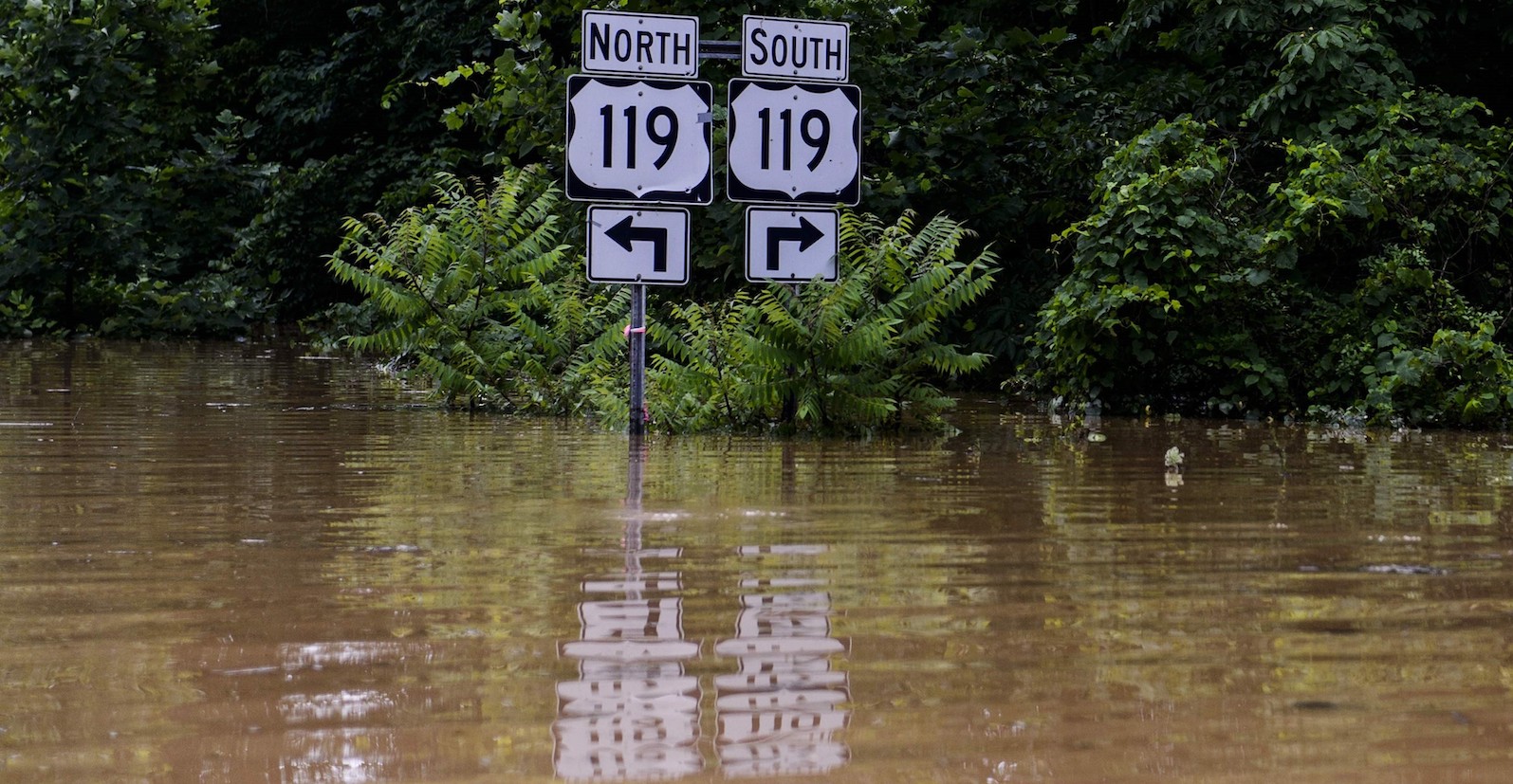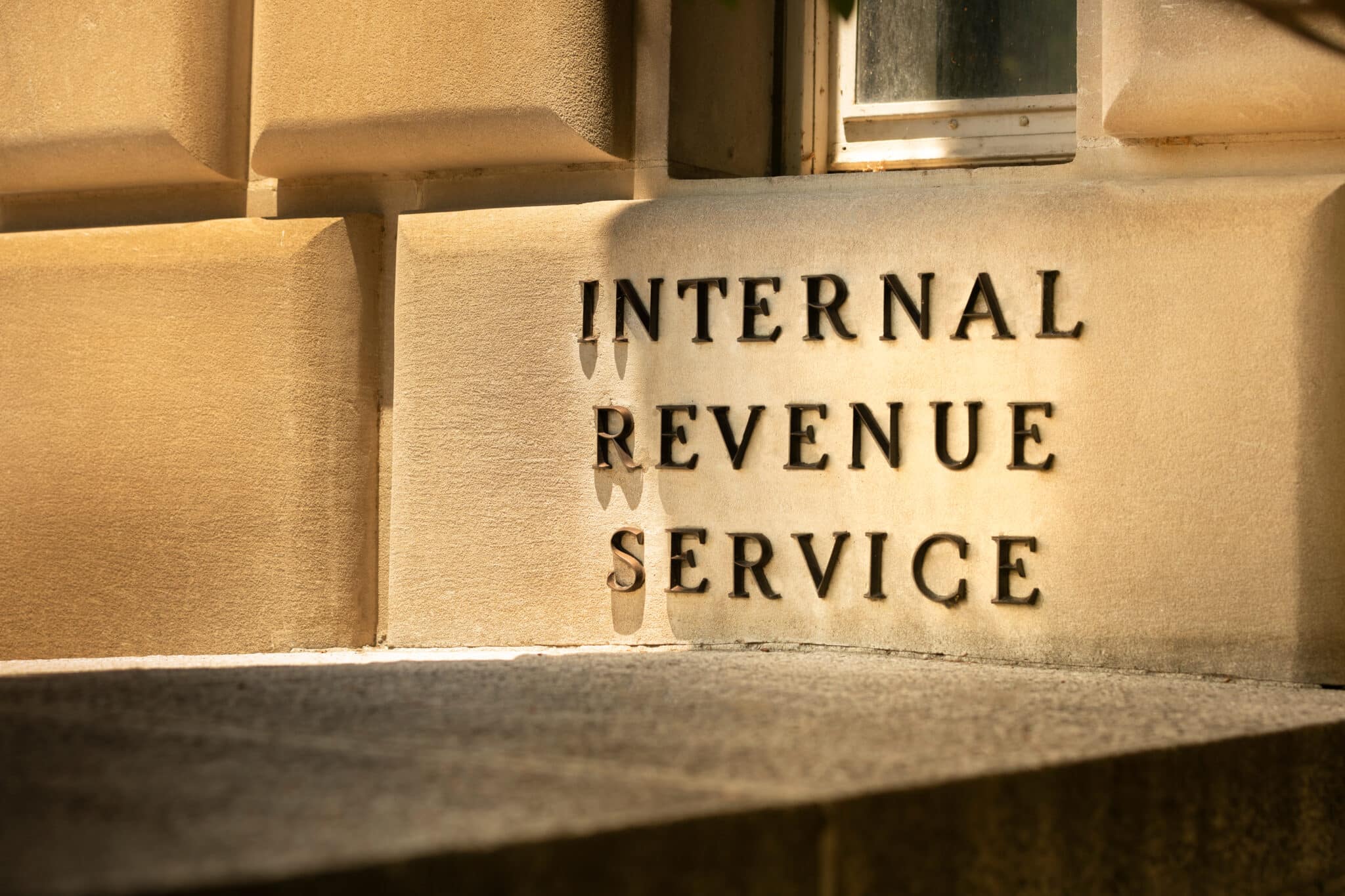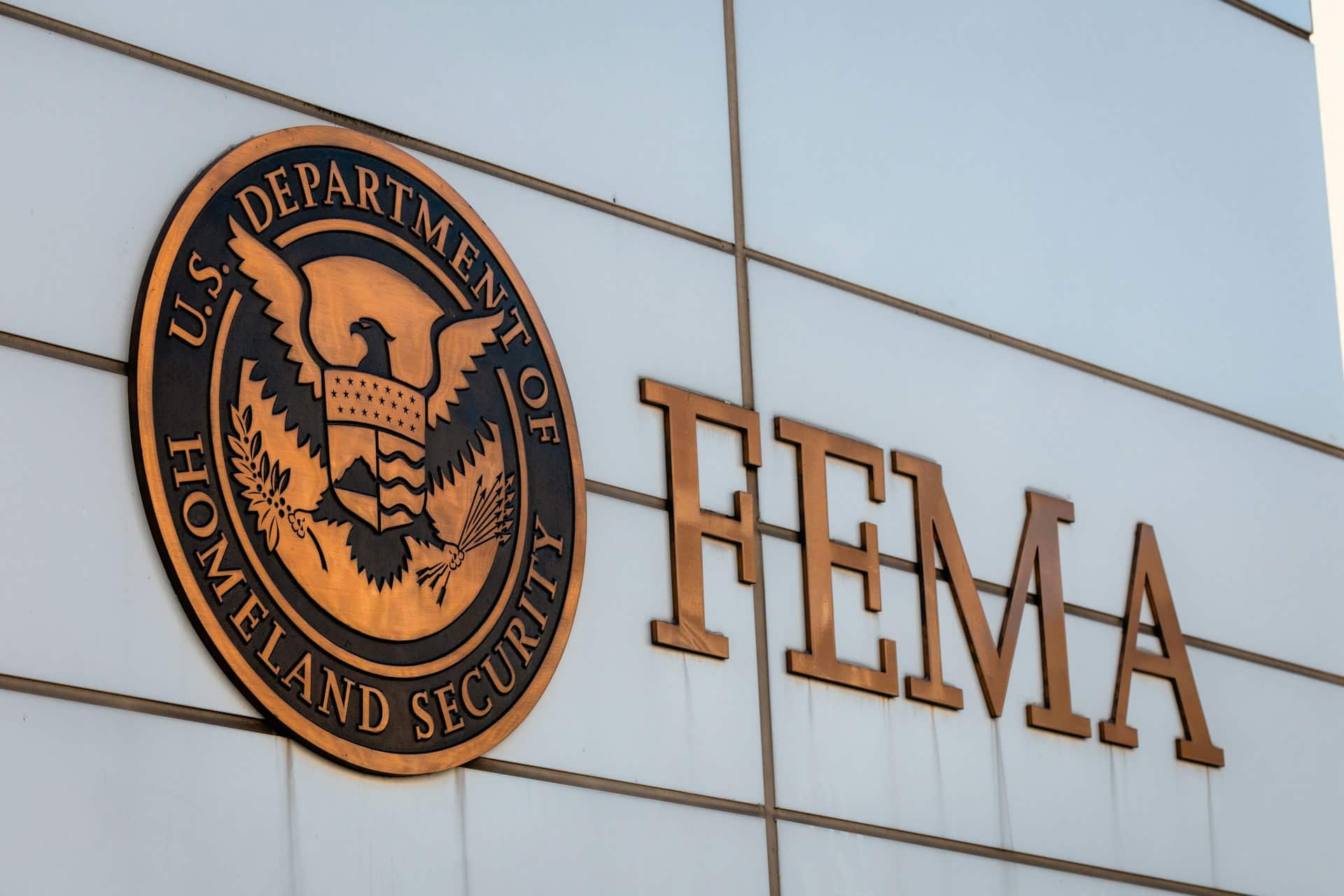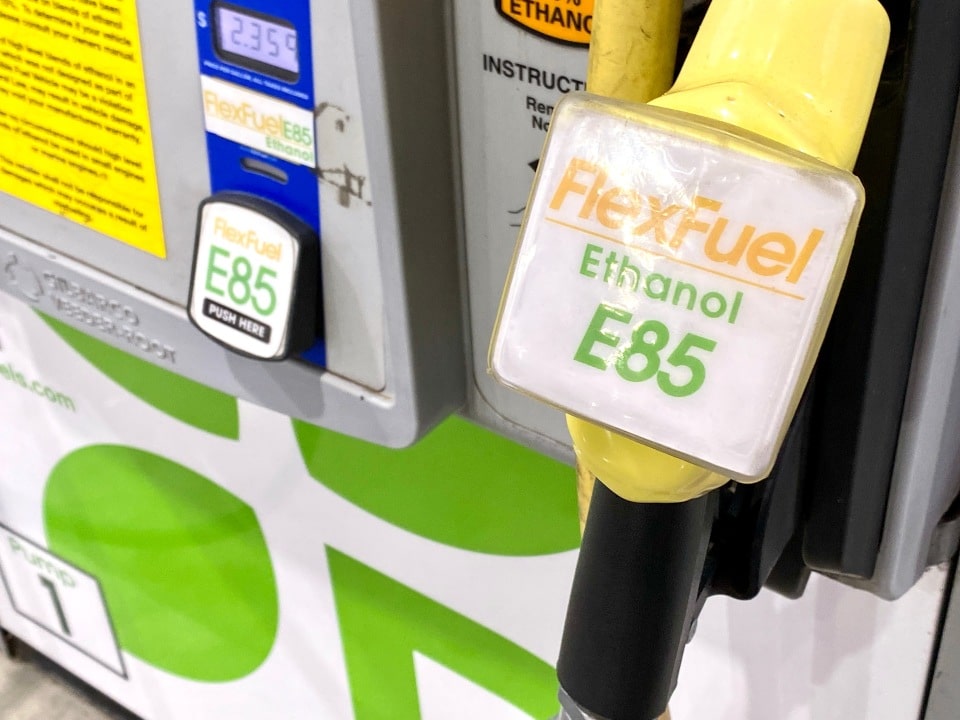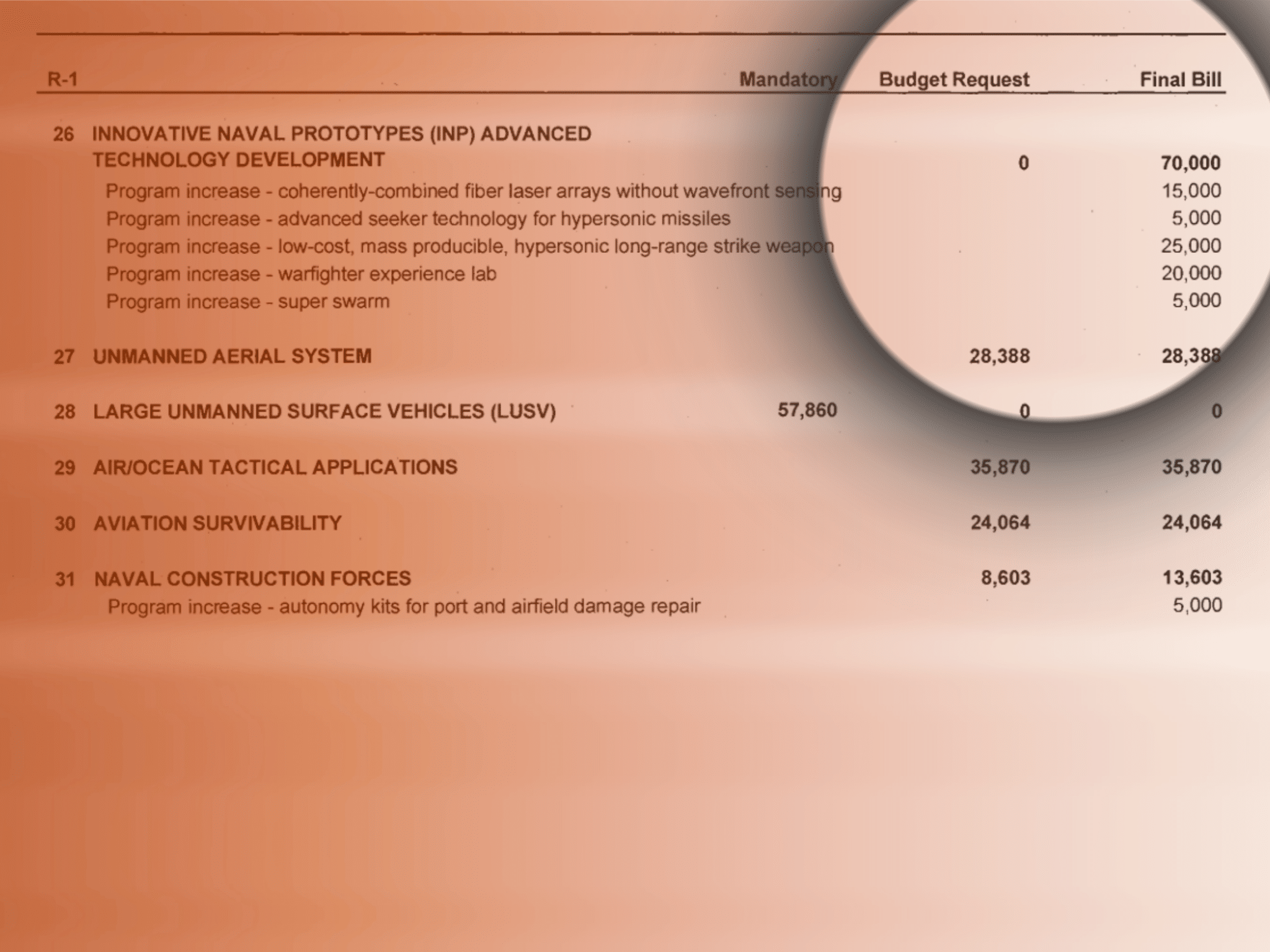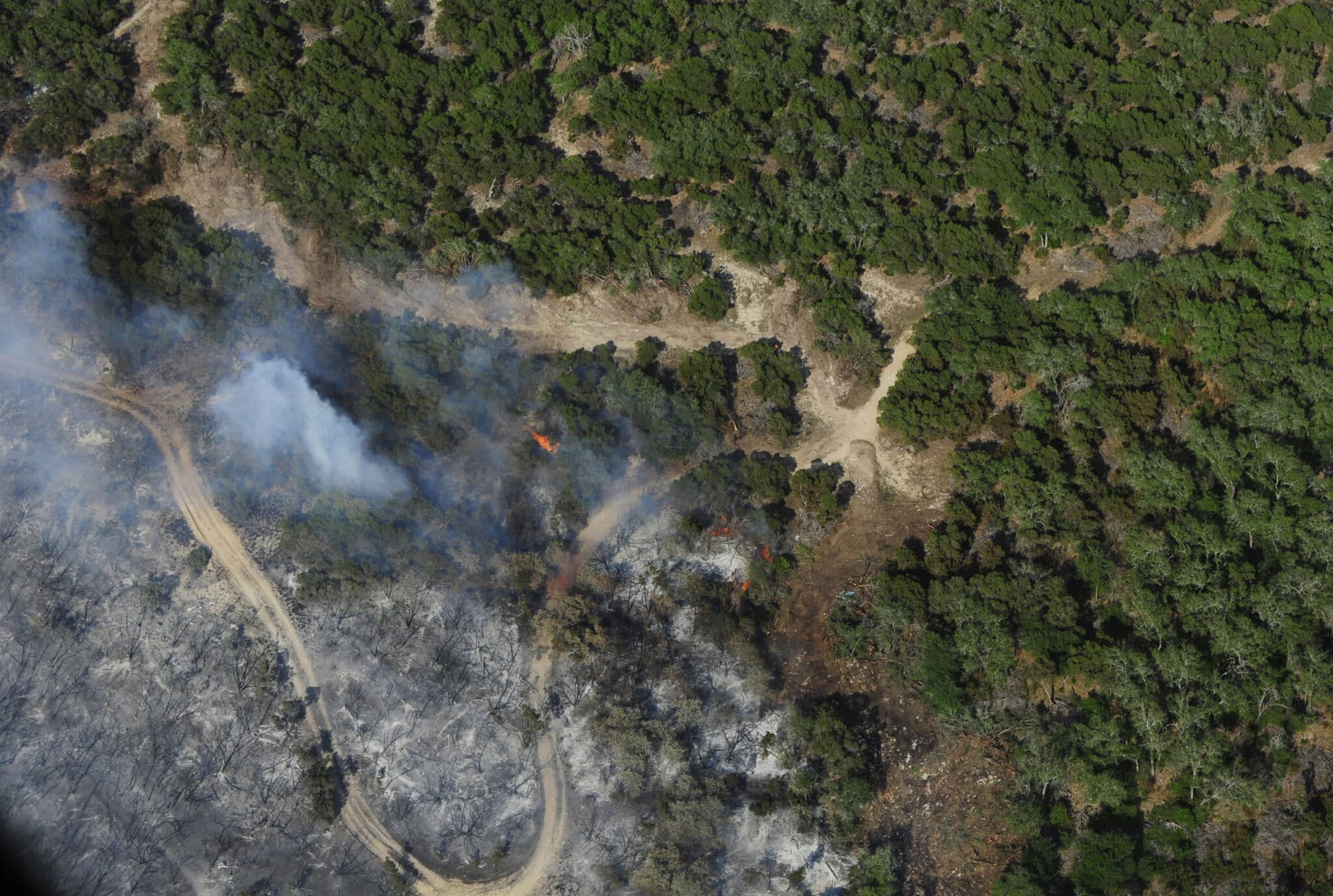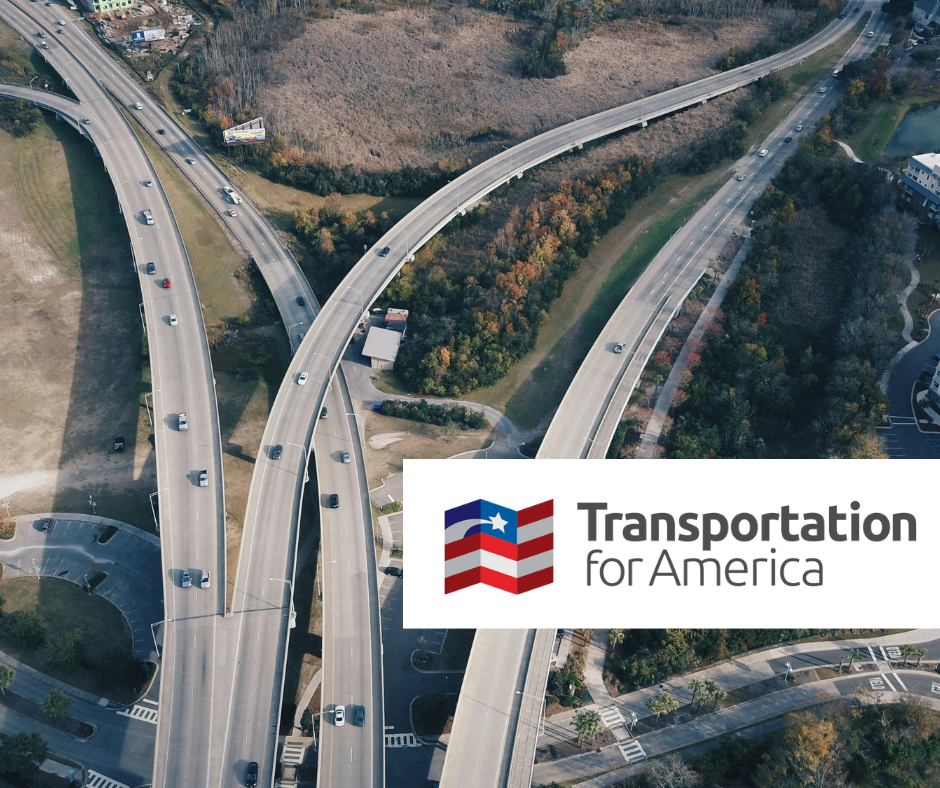Weekly Wastebasket
Weekly Wastebasket
Weekly Wastebasket
Weekly Wastebasket
QUOTE OF THE WEEK
“The President asserts the extraordinary power to unilaterally impose tariffs of unlimited amount, duration, and scope. In light of the breadth, history, and constitutional context of that asserted authority, he must identify clear congressional authorization to exercise it.”
— Chief Justice John Roberts, in the Supreme Courts 6-3 majority opinion overturning much of President Trump’s tariffs.
Fact Sheet
Weekly Wastebasket
Fact Sheet
Transportation & Infrastructure
Transportation & Infrastructure
Taxpayers for Common Sense opposes projects where the national benefit doesn’t outweigh the cost and advocates for a fix-it-first approach. We work to shift more of the financial costs and risks off federal taxpayers and onto the actual project beneficiaries themselves.

